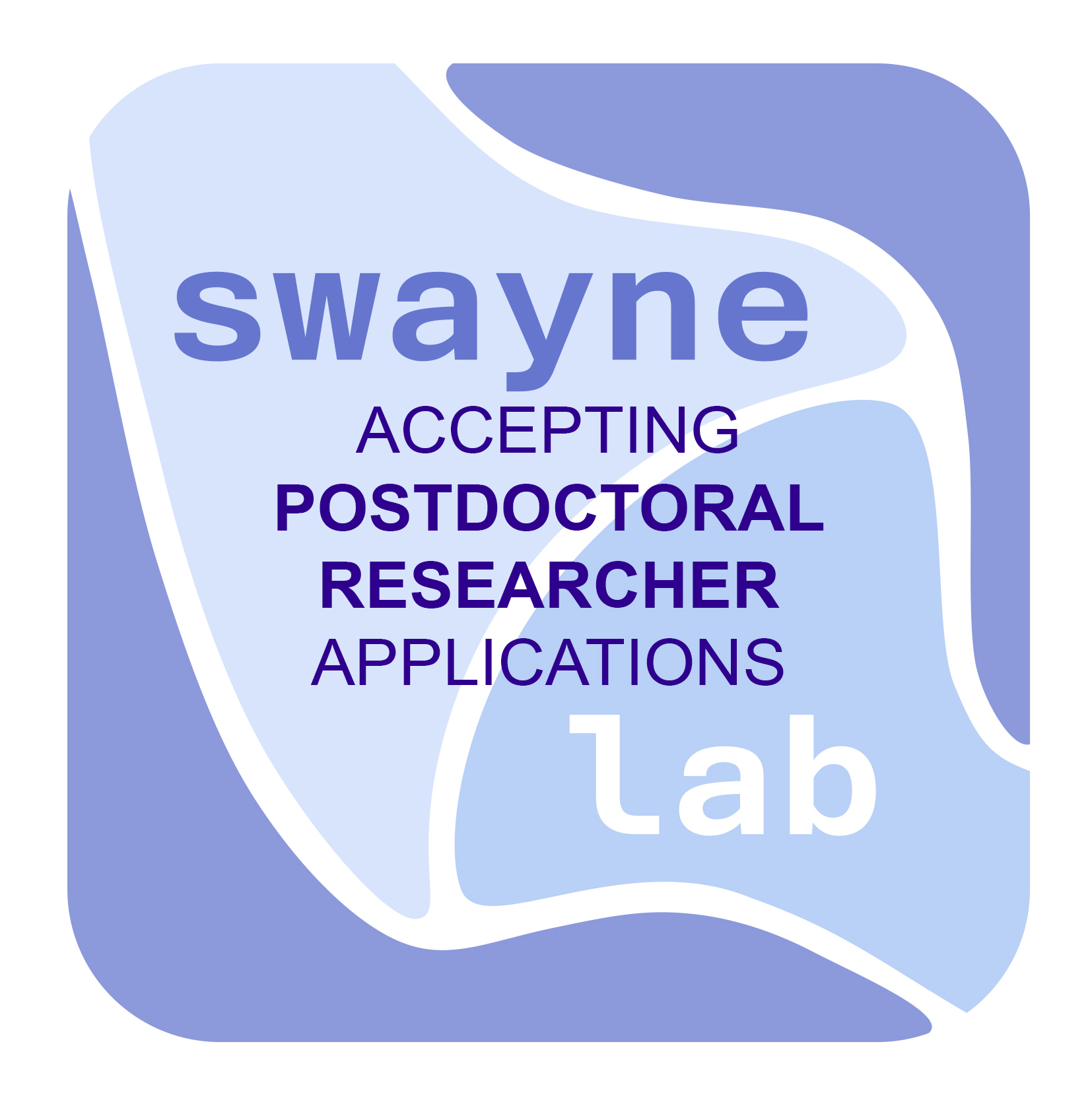 Position: Chief Research and Program Officer
Position: Chief Research and Program Officer
Status: Permanent, full-time
Location: Flexible-work remote position
SUMMARY OF THE POSITION
The Chief Research and Program Officer (CRPO) is a key member of the Executive Leadership Team, and a strategic member of the Management Team. Reporting directly to the President and CEO, the CRPO contributes actively to the organization’s strategic plan by providing leadership and expertise for the development of long-term strategic research and program priorities and goals.
Overseeing a team of dedicated research and program staff, the CRPO leads and directs the development, design, conception and implementation of all Brain Canada’s research activities and funding programs. They engage regularly with the Canadian brain research community and assist with managing relationships at the scientific level with key stakeholders including Brain Canada’s Board of Directors, the Government of Canada, partners and research funders, universities, private or philanthropic donors, and the international brain research community. They act as a key spokesperson and an ambassador for Brain Canada on the national and international stage.
They work in close collaboration with the Evaluation and Special Projects Team on evaluation, impact assessment and other initiatives.
RESPONSIBILITIES:
Positions reporting directly to this role:
- Program Operational Lead
- Senior Program Manager, Knowledge Mobilization
- Research and Program Analyst
Key Accountabilities:
Leadership and Relationship Management:
- As a key mission ambassador for Brain Canada, lead and inspire Brain Canada’s team in championing and advocating the organization’s ambitious future directions.
- Develop, grow, and broaden relationships with the federal government and key stakeholders to identify and achieve exciting and transformational research priorities and goals, and promote funding opportunities.
- Liaise and oversee the presentation of information to the federal government at a strategic level.
- Develop and maintain active participation and strong relationships with the brain research community and key institutional and organizational research partners, such as universities, partner organizations, research centers and hospitals, researchers, philanthropic donors, etc.
- Present regularly at Brain Canada Board meetings and represent the Research and Program Team on the Research Committee.
- Align Brain Canada’s Research and Program activities with the Research Committee recommendations.
- Participate in the development and stewarding of key donor relationships, assist the President and CEO and the National Director of Philanthropy with discussions, presentations, and meetings with prospective donors and funding partners to develop and implement new agreements which will be mutually beneficial and meet both research and philanthropic objectives.
- Target and develop new strategic partnerships: initiate discussions with new strategic partners, develop agreements and terms of initial contracts, allocate funds to a specific research domain, etc.
Strategic Planning and Business Management:
- Lead the Research and Program Team in the development of the organization’s strategic and operational plans (aligned with Brain Canada’s long-term strategic plan). This includes:
- Overseeing the development, design and conception of all research activities and funding programs, including the peer review process.
- Preparing and overseeing the execution of the annual budget of the Research and Program Team.
- Reporting KPIs related to Research and Program to the Board of Directors.
- Overseeing the selection and implementation of IT systems to increase the Research and Program Team efficiency.
- Working closely with the CFO and Director of Legal Affairs and Governance to ensure compliance with the federal government’s contribution agreement.
- Lead the implementation of the long-term strategic plan through annually-developed business plans (with aligned resources, identified reporting, and accountability).
- Contribute and participate as a member of the executive team supporting the President and CEO to ensure the effective management of the organization including the integration of evidence-based research in the Mission and Vision, Research, Fund Development, and Marketing/Communications plans.
- Support the Evaluation and Special Projects team to set priorities for evaluation initiatives (e.g., program evaluation, bibliometric analysis).
- Collaborate closely with the Evaluation and Special Projects Lead on special projects such as strategic planning and stakeholder engagement for Indigenous initiatives and developing concept papers to support program development and philanthropy.
Human Resource Management:
- Lead, inspire, and engage a highly effective Research and Program Team, ensuring high standards of delivery, competence, performance, and values are maintained and that staff is well supported in fulfilling their duties, developing their skills, and achieving their career potential. Specifically:
- Ensure a clear understanding of organizational goals and priorities; ensure optimal deployment of resources to achieve business goals.
- Establish team contribution plan; manage a strong team and develop effective lateral relationships cross-functionally.
- Establish contribution plans and objectives and review on an ongoing basis.
- Onboard and integrate direct reports, provide coaching and feedback, assess their contribution, nurture talent, and support their growth to help them realize their potential and engagement.
- As required, recruit skilled talent in support of current and future needs.
- Be familiar and comply with Brain Canada policies.
- Provide coaching and development to team members and implement initiatives that effectively inspire loyalty and philanthropy amongst our supporters.
- Be a visible leader in living the values throughout the organization.
Policy development:
- In close collaboration with the Research Committee and Director, Legal Affairs and Governance, develop and update Brain Canada policies that relate to conflict of interest, research integrity, ethical conduct of research, privacy & security, data protection, publication, data access and sharing, intellectual property, and other aspects of the research process.
Other duties:
QUALIFICATIONS:
- Graduate degree in neuroscience or a related discipline; Ph.D is a plus.
- Proven success as a strategic transformational leader in a mission-driven health care, research or science organization (8-10 years leadership experience).
- Extensive knowledge in the design, implementation, and delivery of scientific funding competitions, as well as best practices in the management of funded projects, research, and training programs through experience working in a research-funding organization or in an administrative capacity in a research-performing organization.
- A demonstrated understanding or a desire/ability to acquire knowledge of the scientific and research issues associated with the brain; experience in inspiring, connecting, and engaging with researchers.
- Excellent relationship-building skills with a proven ability to engage others and establish strong partnerships.
- Success in advocacy, policy, and program development, working with government officials, research partners, volunteers, and internal teams.
- Demonstrated ability to communicate and inspire audiences with varying levels of knowledge regarding brain research.
- Success in rallying a talented staff around a shared vision and plan, delivering planned results.
- Evidence of strong strategy development and implementation success.
- Experience in leading change with and through others.
- Passion for the cause: demonstrated ability to gain partners and donors and raise funds for a cause.
TALENTS:
- Inspiring and Engaging leadership – inspires, motivates, develops, and manages a high-performing service-oriented team.
- Excellent relationship-building skills, with people at all levels of organization (internally and externally); a passionate champion and ambassador.
- Healthy self-confidence, authenticity, and humility.
- Political savvy/acuity.
- Superb negotiation, mediation, and persuasive abilities.
- Ability to work under pressure, balance multiple tasks and projects at once, considering priorities appropriately, meet tight deadlines and cope with rapidly changing scenarios.
- Excellent written and verbal communications and writing skills in English. Fluency in French is a plus.
- Available for travel across Canada on a regular basis, and internationally on an occasional basis.
- Comfort and ease in dealing with volunteers, donors, being visible internally and externally.
- Agile and flexible leadership style and approach; comfort in leading in a matrix leadership model.
- Commitment to Equity, Diversity and Inclusion.
Work environment:
Brain Canada Foundation is committed to providing an excellent work environment for team members. We offer:
- A competitive compensation package including a complete benefits plan.
- A flexibility to work from home, in accordance with our Work-from-Home Policy.
- A healthy, flexible, and dynamic work environment that values teamwork, creativity, innovation and work-life balance.
- Access to professional development and training as available.
About Brain Canada
Brain Canada Foundation (Brain Canada) is a national registered charity headquartered in Montréal, Quebec. We play a unique and invaluable role as a national convenor of those who support and advance brain research. A greater understanding of how the brain works contributes to the prevention, diagnosis, treatment, and cure of disorders of the brain, ultimately improving the health outcomes of people in Canada and around the world.
Our Commitment to equity, diversity, and inclusion (EDI)
Brain Canada is committed to improving and expanding brain science to benefit all people, including groups historically under-researched and underrepresented. We know that increasing the diversity of the research workforce and integrating sex and gender in brain research leads to innovation and greater impact.
Our commitment to EDI is reflected in actions we are taking to diversify our workforce and to foster inclusive environments through our advertising, interviewing, hiring, training, mentoring, and performance review practices. We actively welcome members of underrepresented groups such as women, Indigenous Peoples, persons with disabilities, visible minorities, immigrants, and LGBTQ2+ communities.
Territorial acknowledgement
The offices of Brain Canada Foundation are located on the traditional, ancestral territory of the Kanien’kehá:ka Peoples, a place which has long served as a site of meeting and exchange amongst nations.
In our work, we focus our efforts on the Truth and Reconciliation Commission’s Calls to Action, particularly those that pertain to improving health for Indigenous Peoples and that focus on advancing our own learning on Indigenous issues (Calls to Action numbers 19 to 24)
To apply:
careers@braincanada.ca








